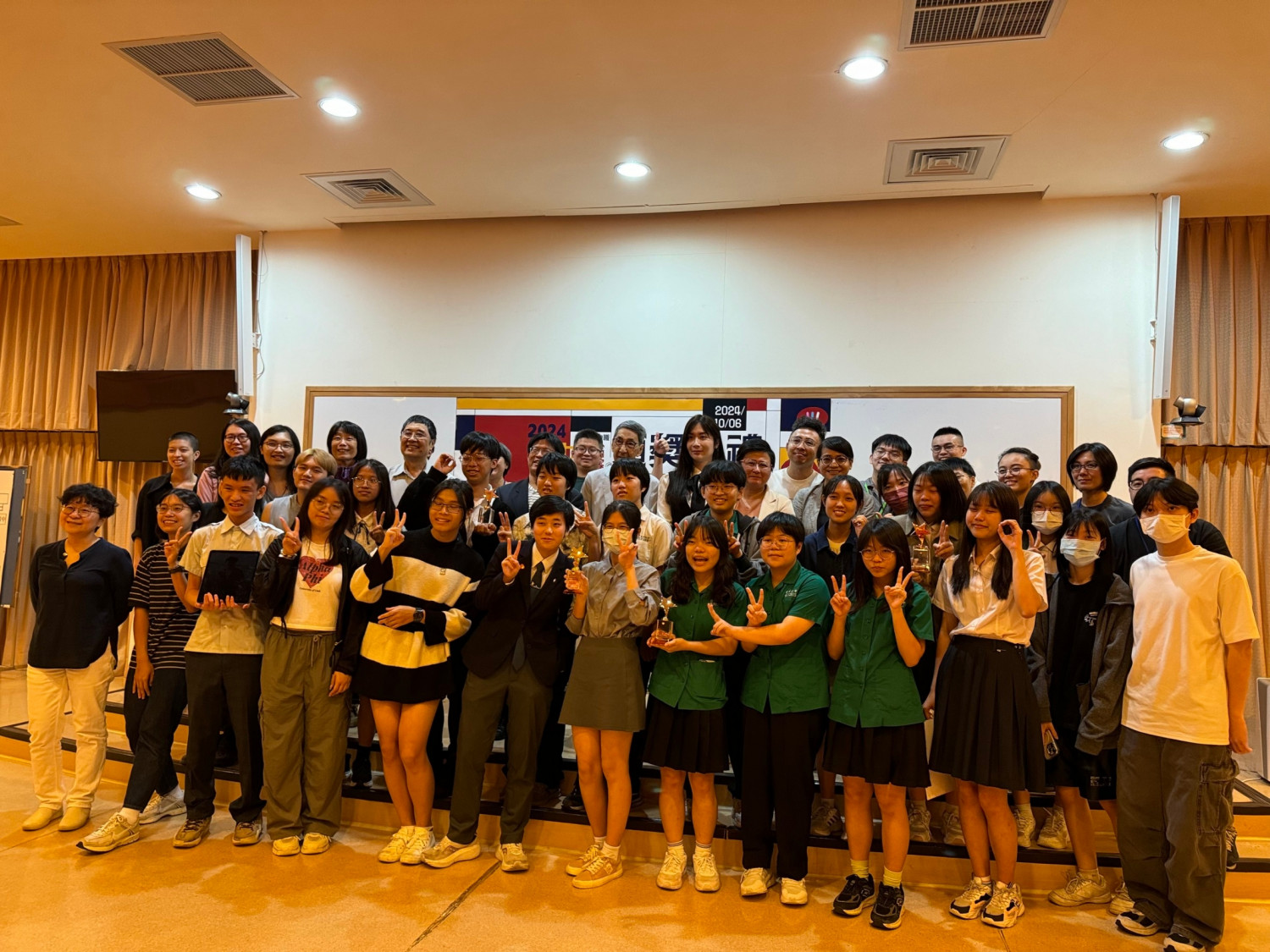The First Gender and Human Rights Debate marked a historic event in the Taiwan's debate community by incorporating the issue of gender marker change, a topic rarely addressed in debate circles, and one that delves into sexual orientation and gender identity. Initially, there were concerns that the topic might be too complex for high school students. However, the two-day competition defied expectations, showcasing impressive performances from the debaters.
The high school participants engaged in extensive research and crafted compelling arguments. The affirmative side argued for the right to freely change gender markers without needing to provide evidence, emphasizing the importance of personal autonomy and protection of individual rights. In contrast, the opposition proposed a range of creative alternatives, with some teams advocating for the complete abolition of gender registration, while others suggested diverse and innovative institutional reforms. These debates not only sparked meaningful discussions but also introduced a wealth of perspectives and ideas that could shape future developments in the area of gender rights.
The competition reached its climax with the finals, where both sides delivered remarkable performances, earning praise from the distinguished panel of judges. Notably, Constitutional Court Justice Ming-Yan Shieh commended the students for their insightful arguments, underscoring the importance of balancing the interests of the majority with the protection of minority rights when considering gender identity issues. Prosecutor Han Chang Chen advised participants to refine their delivery skills, focusing on speech speed, gestures, and eye contact, while also encouraging more counterarguments and strengthened reasoning.
Supervisory Commissioner Gao Yong-Cheng, drawing from his experience in the Constitutional Court, advised the debaters to prioritize deep understanding and careful reasoning, rather than rushing through arguments. He emphasized the significance of clear expression of thoughts. The sole debate judge representing the Women's Rescue Foundation, Enchia Tsai, expertly analyzed the arguments, evaluating the evidence, and offering practical debating strategies to improve the competitors' performance.
Professor Chen Jau-Hwa from Soochow University’s Human Rights Program suggested that the topic should be approached from the perspective of basic human rights. If state intervention is considered necessary, she argued, there must be a clear justification for such regulation, ensuring that any intervention is reasonable and does not harm transgender individuals or infringe on their freedoms.
Attorney Victory Hsu, Chair of the National Bar Association’s Gender Diversity Committee, shared her hope that Taiwan’s policymakers and judicial authorities would approach this complex issue with the same courage shown by the students. She emphasized that successful policy debate extends beyond performance, stressing the importance of thorough research, evidence verification, and the ability to critically assess potential flaws in opposing systems. The ability to weigh pros and cons and link them to the broader social context is essential in the policy-making process.
Finally, Attorney Hsu urged the debaters to remain committed to the values of democracy, human rights, dialogue, and communication, despite the many obstacles that may arise in social discourse. She encouraged them to keep their focus on the future, pushing for policies that continue to evolve and improve, and to never lose sight of their initial ideals. Ultimately, she hoped that this debate topic might one day no longer require further discussion, symbolizing the progress in gender equality and human rights.





